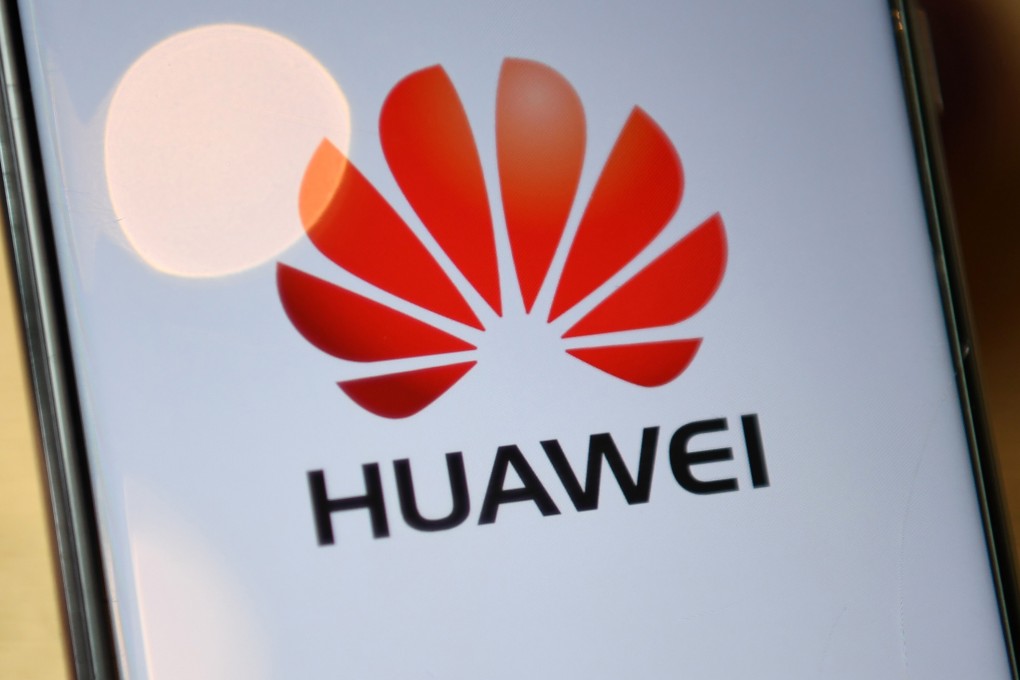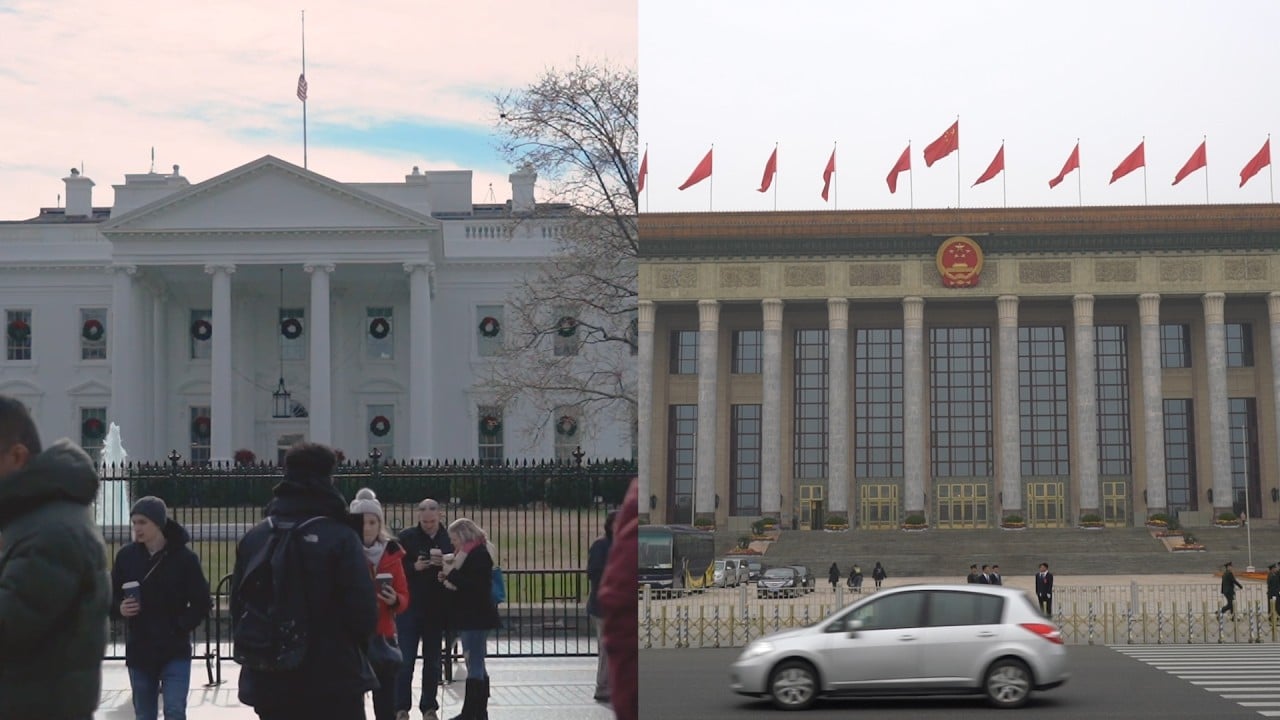US further tightens restrictions on Huawei’s access to chips
- Under new rules issued by the Commerce Department, any company that sells Huawei any products made anywhere with US technology will require a licence
- The Trump administration has also pressured other governments to restrict Huawei from building their 5G networks

It just got even harder for Huawei Technologies to obtain US-made chips.
Under new rules issued by the US Commerce Department on Monday, any company that sells Huawei any products made anywhere with US technology will require a licence. The measures are to prevent Huawei’s efforts to evade US export controls by obtaining electronic parts through third parties.
The rules build on similar restrictions issued in May when the Commerce Department refined its regulations to include chipsets that are the direct product of certain semiconductor manufacturing equipment located outside the United States. Such a change could prohibit Huawei from obtaining products from overseas companies and bypassing the US restrictions.

02:06
Coronavirus pandemic creates ‘new Cold War’ as US-China relations sink to lowest point in decades
“There will be some confusion about how this would be enforced, but the intent is pretty clear. At a minimum it is likely to impact US suppliers who were able to supply Huawei from non-US locations,” said Paul Triolo of the Eurasia Group.
“The major issue will be how other non-US semiconductor suppliers to Huawei treat the rule,” said Triolo. “If enough companies comply globally, Huawei’s ability to generate workarounds will be severely undercut, putting its continued existence as a viable commercial entity in doubt.”
The big wild card, Triolo said, is how domestic Chinese semiconductor manufacturers react to the move.
“Semiconductor Manufacturing International Corporation, Yangtze River Memory and Changxin Memory, for example, are not likely to comply, but could face US penalties if they resist,” he said.